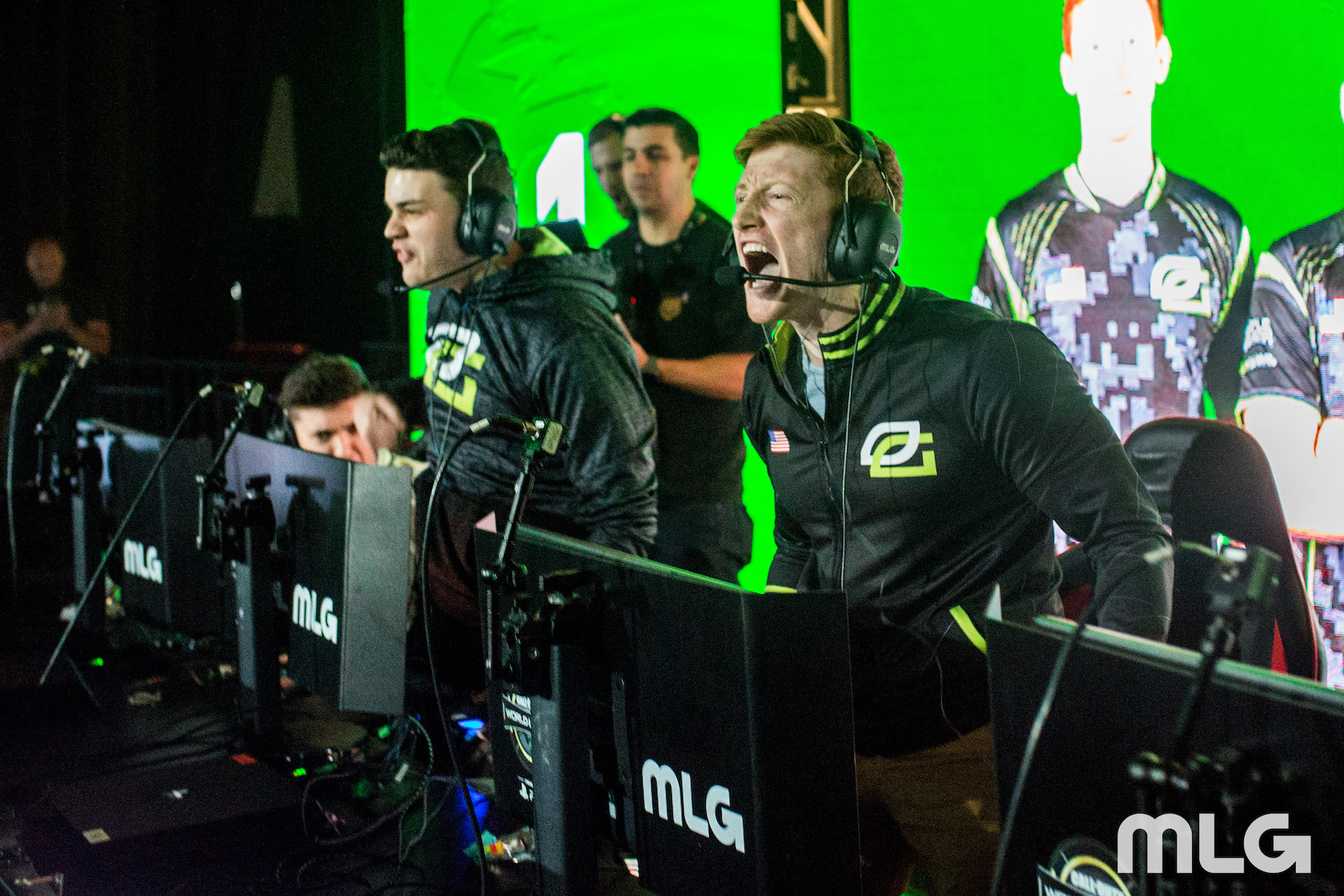
New Paper: SCOPE: Selective Cross-validataion Over Parameters for Elo
QED Lab Member Alex Bisberg has had his paper SCOPE: Selective Cross-validataion Over Parameters for Elo accepted for presentation at the Poster Session at the 15th AAAI Conference on Artificial Intelligence and Interactive Digital Entertainment (AIIDE) to be celebrated in Atlanta, GA, USA on October 8th through 12th, 2019. In the paper, Alex presents his work on quantifying “skill” in esports via the SCOPE model, cross-validated on a Call of Duty esports dataset.
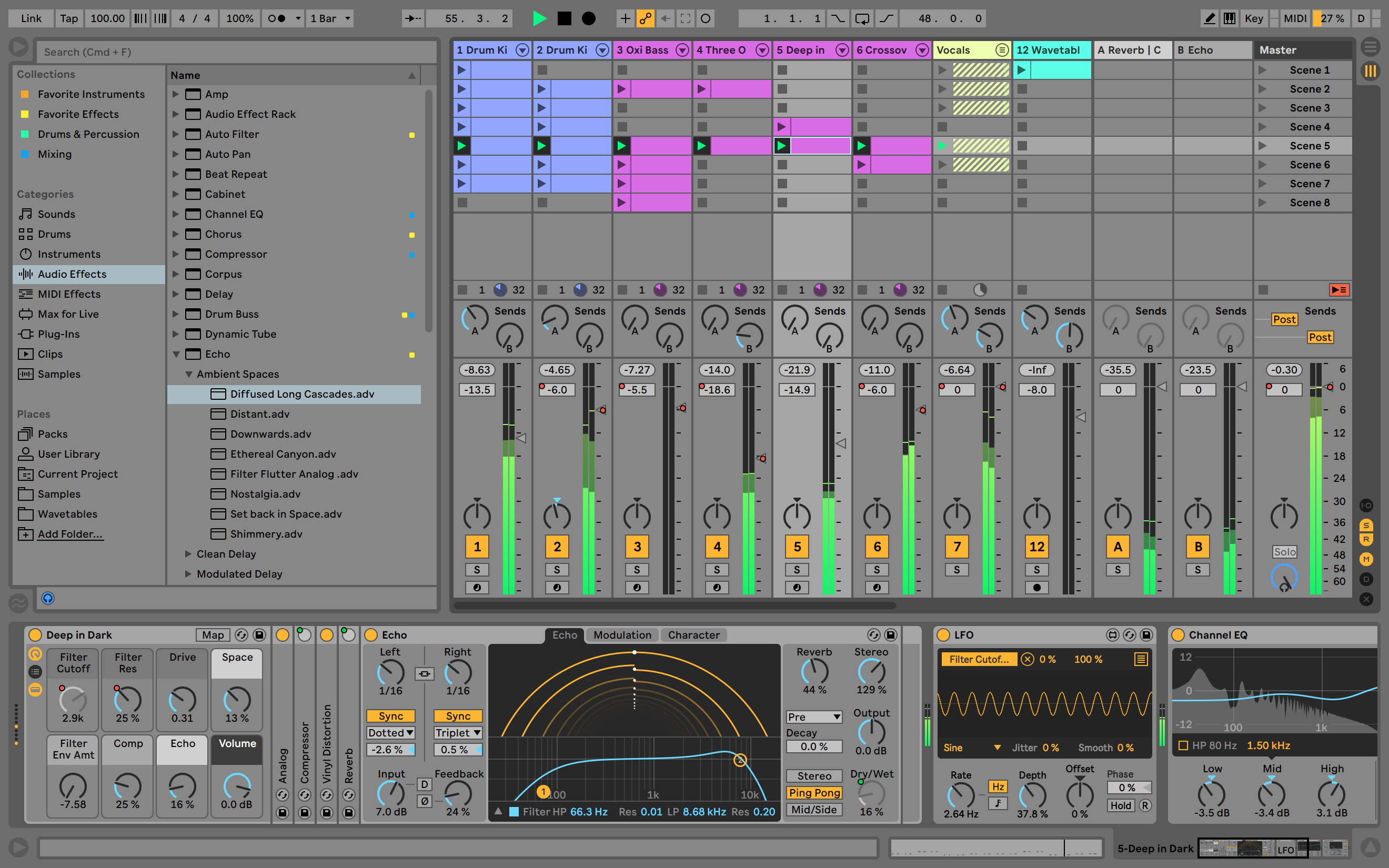
New Paper: Creativity Support for Novice and Sensory Impaired Users in DAWs
QED Lab Member Michael Clemens has had his paper Creativity Support for Novice and Sensory Impaired Users in DAWs accepted for presentation at the Doctoral Consortium at the 10th International Conference on Computational Creativity to be celebrated in Charlotte, NC, USA on June 17th through 21st, 2019. In the paper, Michael presents his research plan for graduate school.
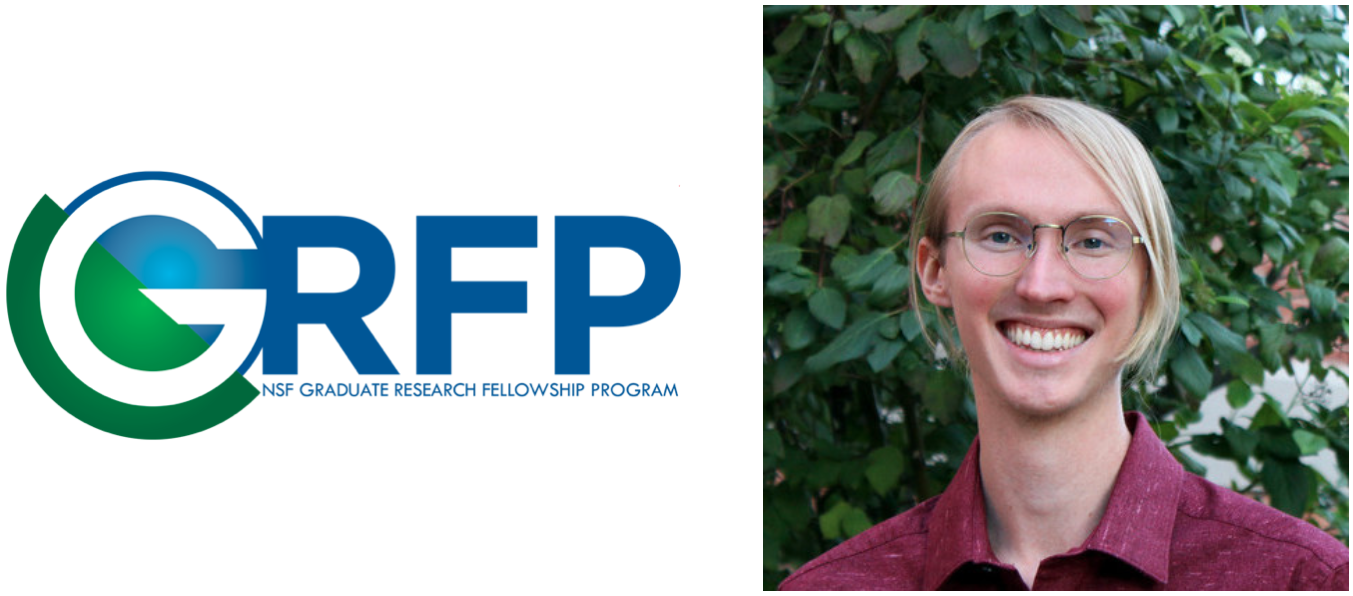
Michael Clemens awarded NSF GRFP
Graduate Computing student and QED Lab Member Michael Clemens has been selected to receive a 2019 National Science Foundation Graduate Research Fellowship (NSF GRFP). Michael is studying how to use musical play to teach computer science to 5th through 8th graders who are vision or hearing impaired. As the oldest graduate fellowship of its kind, the GRFP has a long history of selecting recipients who achieve high levels of success in their future academic and professional careers. This highly competitive fellowship provides the recipient with financial support for three years, over a five-year fellowship period.
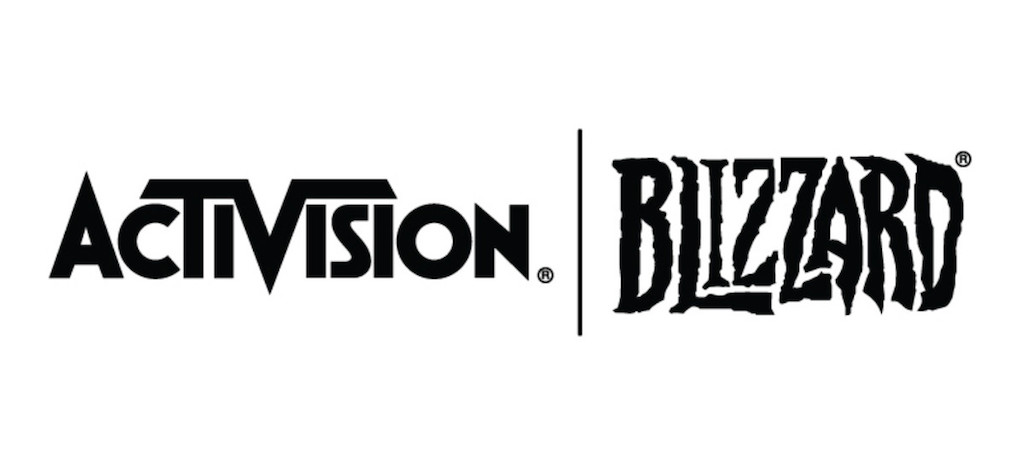
QED Lab Awarded Activision Grant
The Quantitative Experience Design Lab has been awarded $15,000.00 by Activision | Blizzard in support of the lab's research on Artificial Intelligence and Game Design at the University of Utah.
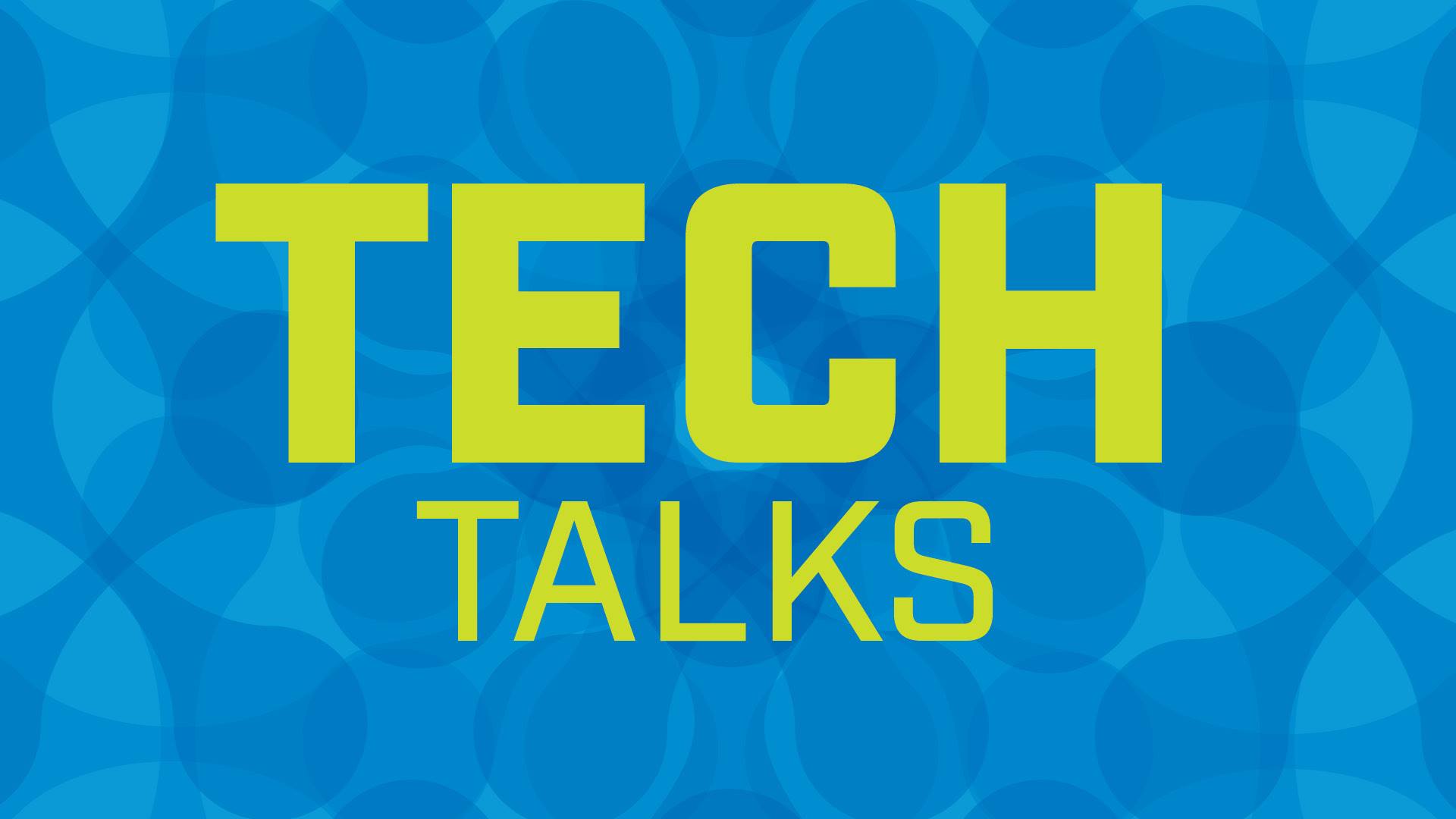
QED Lab Director presents Salt Lake City Public Library "Tech Talk"
Rogelio E. Cardona-Rivera, QED Lab Director and Assistant Professor of Computing and Entertainment Arts and Engineering at the University of Utah, presented a "Tech Talk" at the Salt Lake City Public Library Tech Talk Series. The slides of the talk can be found here.
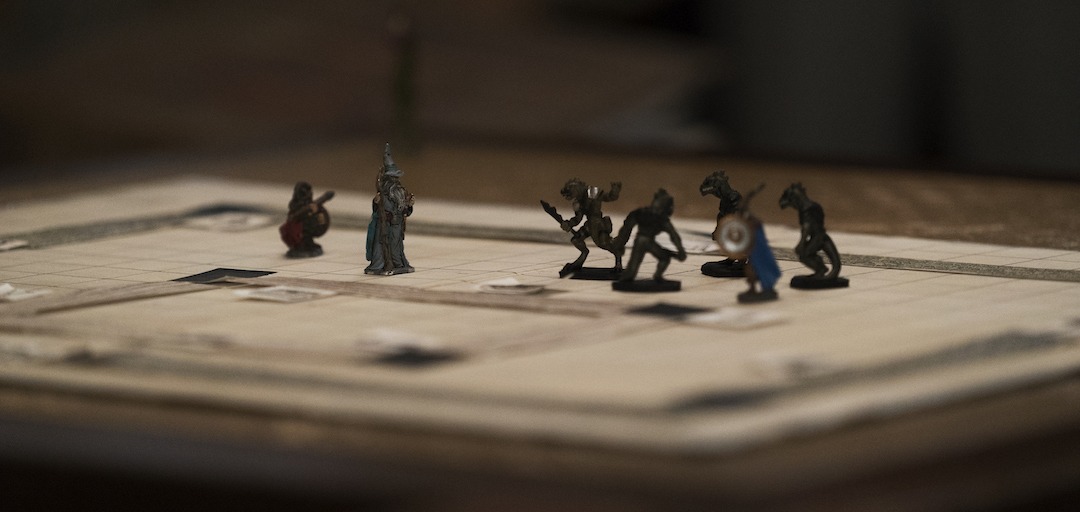
Jennifer Nelson selected for University of Utah's UROP Program
Undergraduate student and QED Lab Member Jennifer Nelson has been selected for participation in the University of Utah's Undergraduate Research Opportunities Program [UROP] for the Spring 2019 semester. UROP provides a $1,500 stipend and educational programming for students who assist with a faculty member’s research or creative project or who carry out a project of their own under the supervision of a faculty member. Jennifer will be working on the Automated Dungeon Mastering project.

QED Lab Director presents Keynote at the 2018 SIGGRAPH Conference on Motion, Interaction and Games
Rogelio E. Cardona-Rivera, QED Lab Director and Assistant Professor of Computing and Entertainment Arts and Engineering at the University of Utah, presented a Keynote at the 2018 ACM SIGGRAPH Conference on Motion, Interaction and Games, celebrated in Limassol, Cyprus. The slides of the talk can be found here.
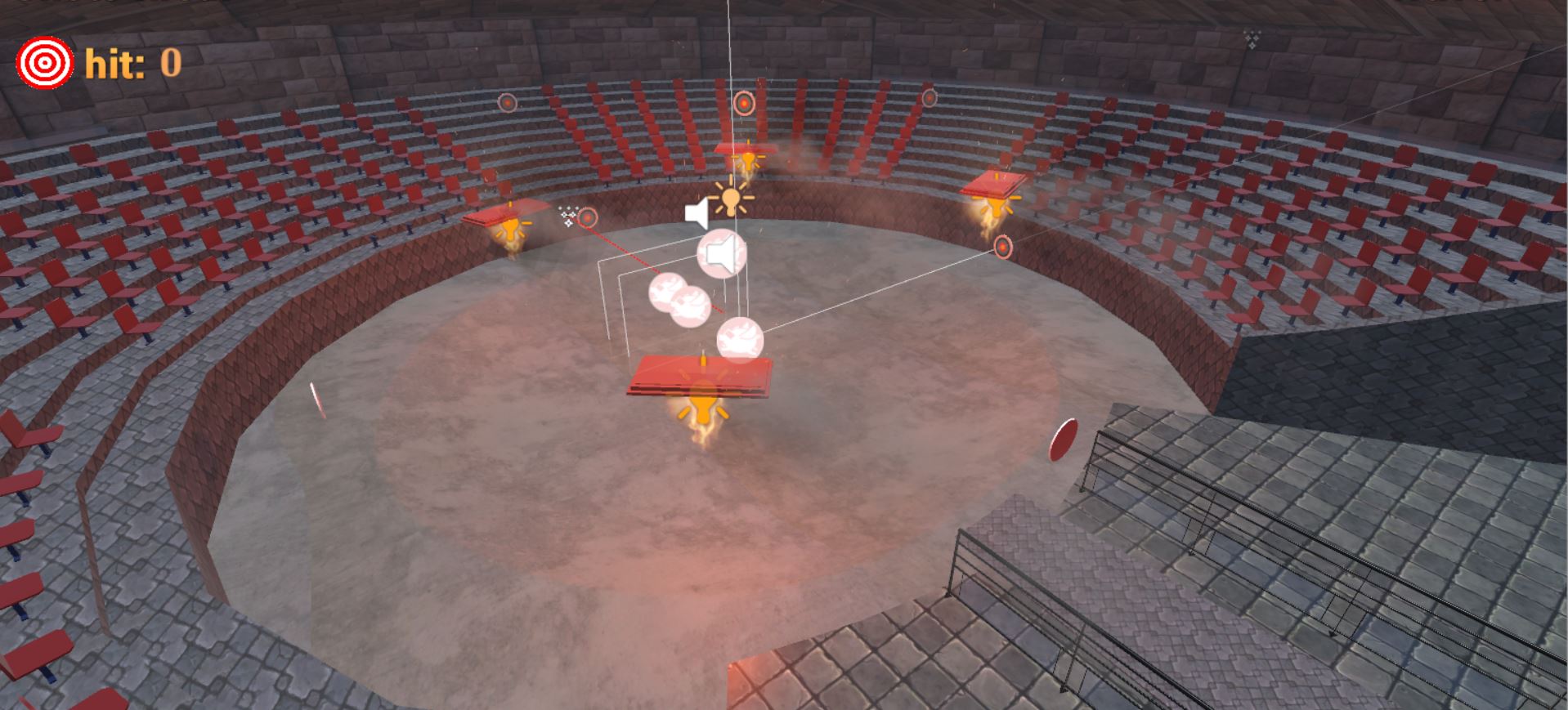
Call for Volunteers: An Experiment on Interaction Fidelity in Virtual Reality
The QED Lab is currently recruiting participants who are interested in playing a virtual reality game for science. The purpose of this study is to understand the effect of different types of input devices on VR interactive fidelity. You must be 18 years or older to participate.
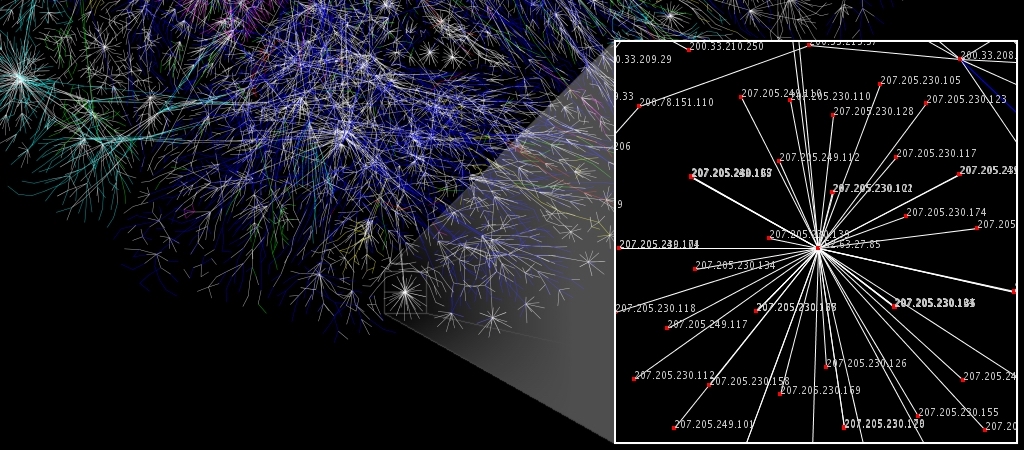
QED Lab Awarded IARPA Grant
The Quantitative Experience Design Lab has been awarded $169,698.75 by the Intelligence Advanced Research Projects Activity (IARPA) via a subcontract through Charles River Analytics to advance the development of a Predictive System for Cyber Hostility using Integrated Computational Models (PSYCHIC).

Call for Applications, 2018 SPUR Project: Automated Dungeon Mastering
I am happy to announce that the QED Lab has been selected for the 2018 Summer Program for Undergraduate Research (SPUR), an intensive 10-week research experience at the University of Utah. This means that we will be awarded funds to recruit a student to work with over the summer, from May 23, 2018 to August 3, 2018. If you are interested in learning more about the project, click here.
If you are interested and/or have additional questions about our project, please contact me. To apply, click here.
Categories
Paper 3
Grant 3
Outreach 3
Recent Posts
-
New Paper: SCOPE: Selective Cross-validataion Over Parameters for Elo
Posted on 09/20/2019 -
New Paper: Creativity Support for Novice and Sensory Impaired Users in DAWs
Posted on 05/15/2019 -
Michael Clemens awarded NSF GRFP
Posted on 05/09/2019 -
QED Lab Awarded Activision Grant
Posted on 04/19/2019
Popular Tags
science game design computer science interactive narrative narrative sensemaking university of utah computational psychology computational modeling laboratory presentation experiment research experience for undergraduates REU cognitive science user interface human-centered computing research artificial intelligence adventure games javascript design engineering research assistant education virtual reality cybersecurity narrative elo machine learning player modeling skill modeling creativity DAWs broadening participation in computing anticipatory thinking panel music keynote